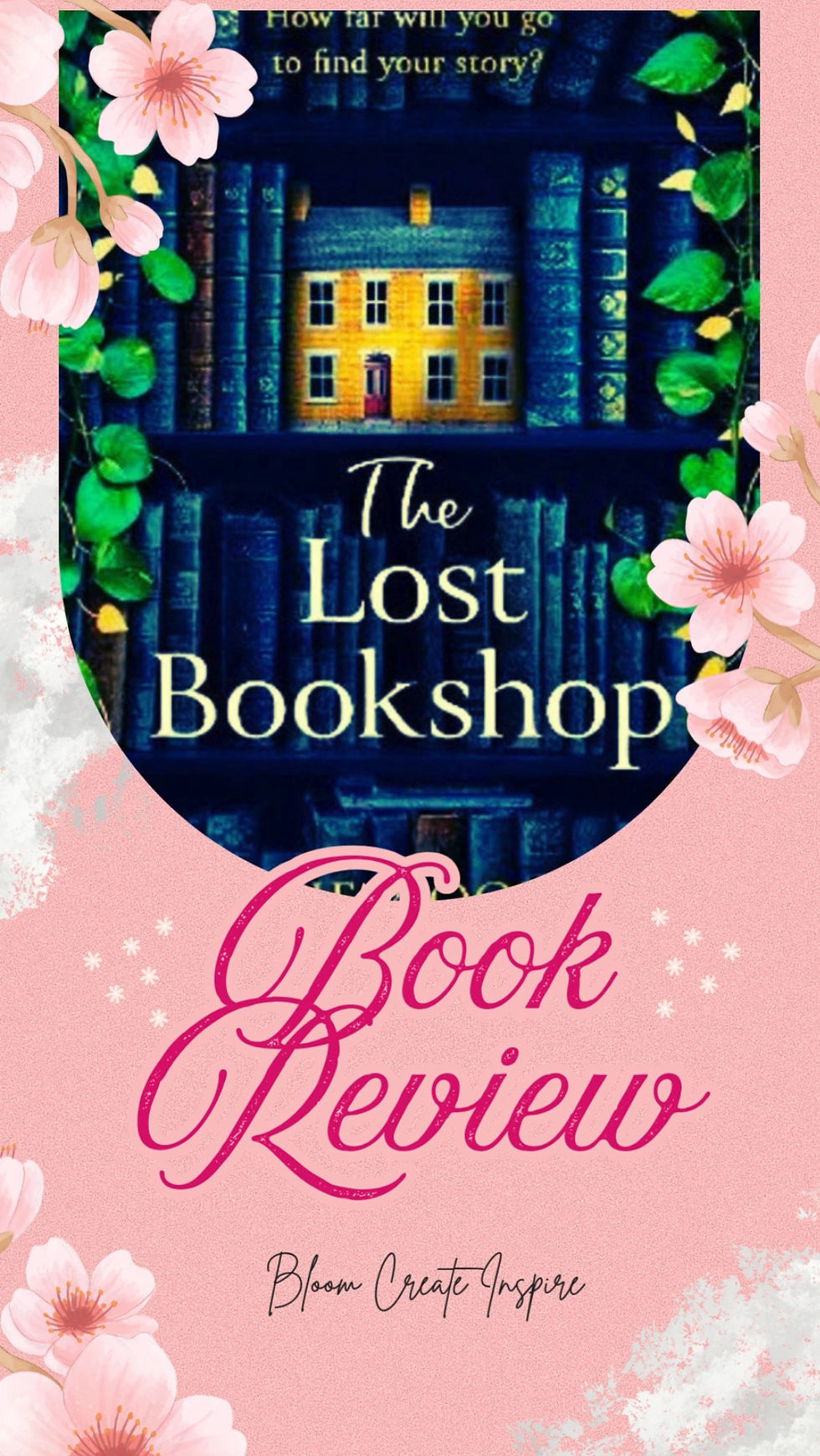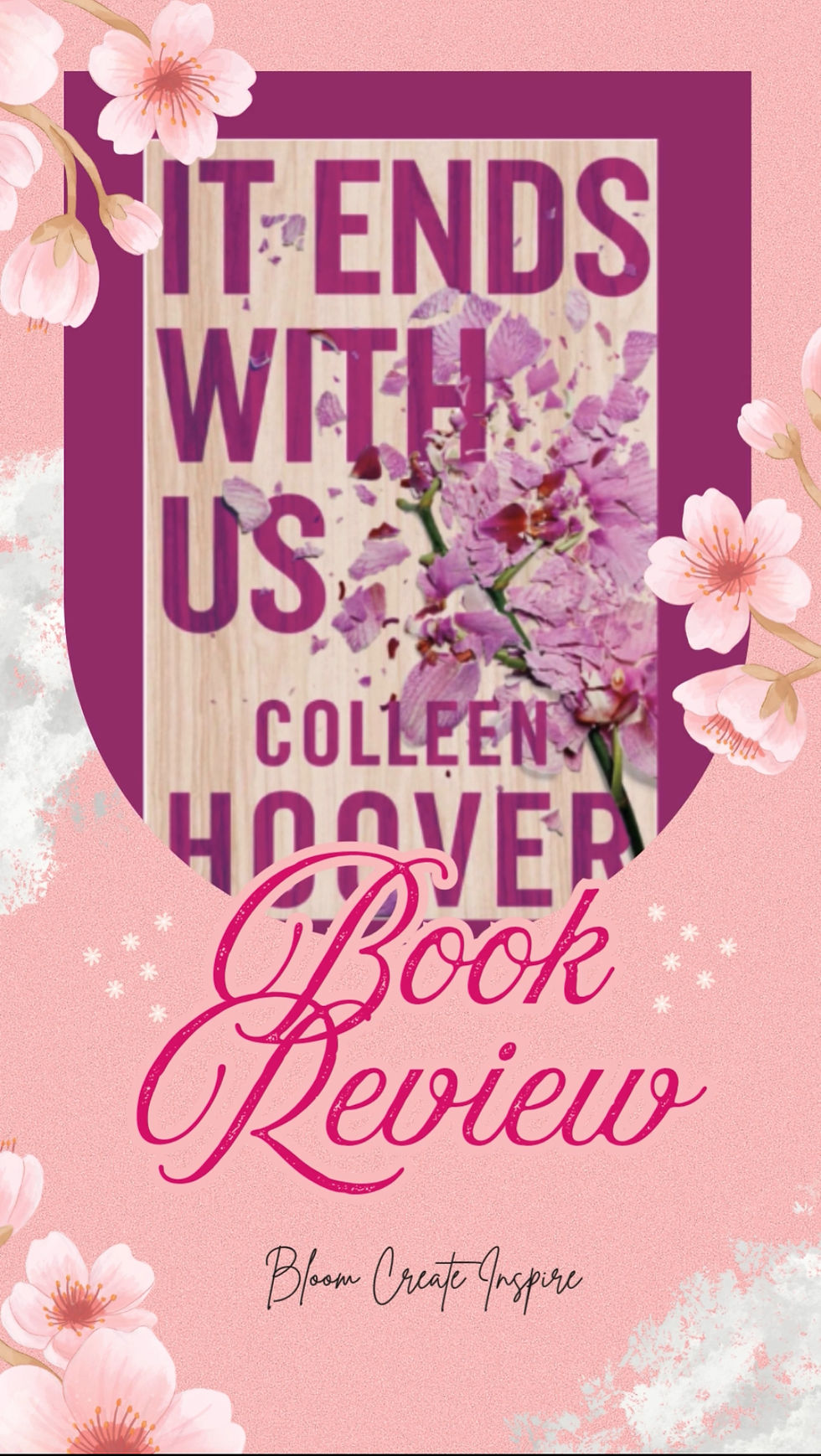Book Review: Lone Women by Victor Lavalle
- bloomcreateinspire
- Aug 22, 2025
- 3 min read
Updated: Sep 5, 2025

I switched up my latest read for something a little different. I didn’t necessarily go for any particular storyline, but I was looking for a different perspective. I wanted to learn something new, and I found it all in Lone Women by Victor Lavalle. A Gothic-horror Western about strong, fearless, interdependent women in the early Wild West of the US. Historical fiction with a dash of the paranormal. Different is what I was looking for, and different is what I got.
Forgotten Past or Hidden Past?
Adelaide Henry, a young black woman at the turn of the 20th century, has big dreams to make a new life for herself. She's had a hard one growing up, and her parents have both just died, rather gruesomely. Inspired by black female pioneers before her, she decides to start her new life homesteading in central Montana. Whether forgotten or just an unpopular historical topic, very little appears to be known about the Homestead Act, which provided land to anyone willing to live on, improve, and cultivate it, no matter the color of their skin.
Remarkably, this period gave rise to a subculture known as the lone women. These were "women who didn't need a man to cosign for their tracts of land," a fact that Lavalle was surprised to learn during a previous visit to a university bookstore in Montana. Surprising, I'm sure, since Black people, and much less Black women, in those days were rarely given many (if any) advantages. What was even more astonishing to Lavalle was that not even those born in Montana were aware of the history of the lone women - strong, fearless, interdependent female homesteaders of the Wild West. A part of history that seems to have been swept under the rug.
The Author's Muse
“There are more things in heaven and earth than are dreamt of in your philosophy.” Shakespeare's quote was the first that jumped to mind after finishing Lone Women. It sure dredges up many ghosts. Although Lavalle is influenced by Stephen King, Dean Koontz fans may notice some elements of “Phantoms” in there, although admittedly not quite as atmospheric. It may be biased, but I did also sense a little Flanagan - flawless writing, thoughtful dialogue, and haunting characters. Lone Women is a story preceded by trauma, ghosts, and monsters (all of them the same thing, really). The monsters within us and those lurking in the night, in the dark.
The Monsters We Carry Around
Adelaide has been walking around with a heavy burden her whole life. The burden of turning her back on her duty to take over the family farm built on Native American land, and also the deep shame she feels from her parents keeping her sister, Elizabeth, locked away and chained up in the barn for decades. The mysterious steamer trunk she drags around with her when she eventually leaves the family home is more than just luggage; it is a metaphor for the shame her family has been carrying around for generations and which Adelaide now takes upon herself - a generational curse. The story also has religious undertones, and although they are subtle, it is clearly a cry for help in the harsh world Adelaide finds herself navigating.
The suitcase is Adelaide’s burden. She is afraid of it, but also feels responsible for it. She hides its true purpose from others, and she’s deeply ashamed of its contents. The very thing she feels most responsible for is also the reason for the trauma and fear she's always had to endure. When the suitcase and its contents are finally exposed, it’s like a weight’s been lifted from Adelaide’s shoulders. By letting its contents out, she lets others in.
Lone Women is a horror novel, yes, but not the kind of horror with jump scares and ghosts. It’s an allegory for the ghosts we carry around within us, the kind of violence that eats us from the inside. It’s not the kind of horror that comes from the solely from the writer's imagination, but highlights the reality of the horrors we are faced with all the time on a human level. And THAT is some truly scary stuff.
As soon as Adelaide welcomes her community of fellow lone women and she befriends the town's people, her burdens are lifted. Lone Women is thus ultimately a lesson that people are not created to be alone; that in life, we need each other, we need a community that believes in us. As much as we fight against it, people need people. We need God.





Comments